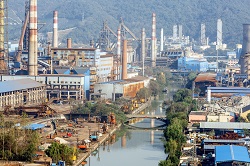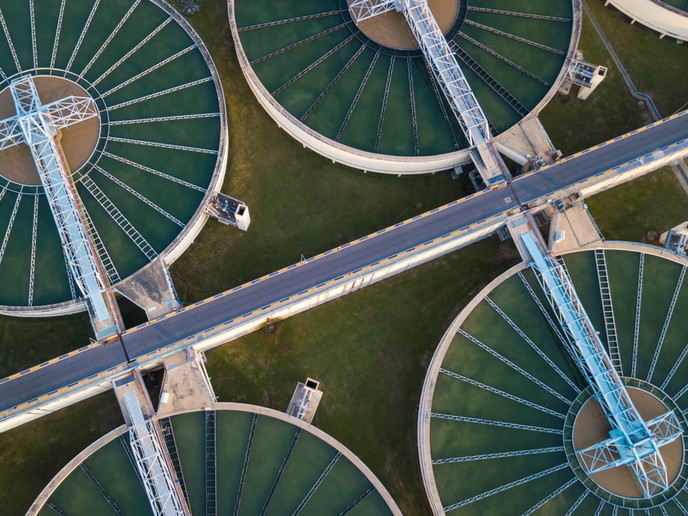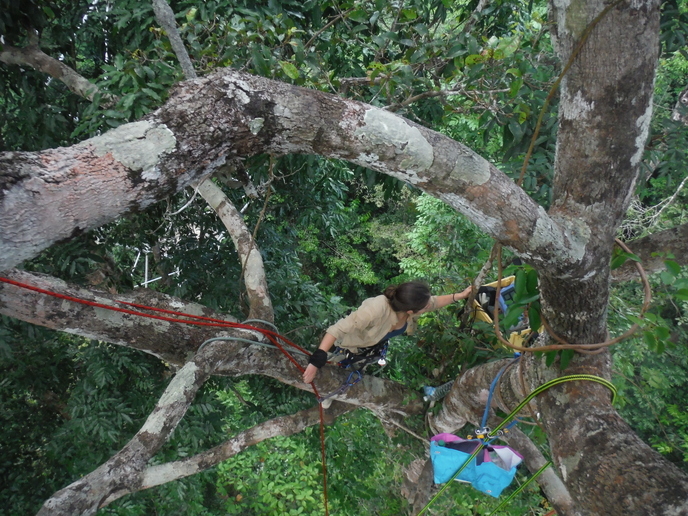Sustainable management of the Gulf of Aqaba
The SMART project was funded through the International Cooperation Programme in an effort to strengthen collaboration between countries bordering the Mediterranean Sea. The goal was to establish and share policies aimed at promoting sustainable use of the limited resources in coastal regions. One of the SMART case studies addressed the Gulf of Aqaba, an important waterway bordered by four countries: Egypt, Israel, Jordan, and Saudi Arabia. Both shipping and tourism feature heavily in the region, which is home to several busy ports as well as popular vacation spots. Therein lies the challenge put to the organisations involved in SMART: how to stimulate economic development without sacrificing environmental quality. Hydrologists with the University of Jordan investigated the multitude of threats the Gulf of Aqaba is facing. The extent and depth of the gulf are such that any pollution released into its waters is likely to remain there for a long time, allowing negative effects to accumulate. Sources of pollution include local industry and agriculture, water traffic, waste treatment as well as thermal pollution from a power station. The University of Jordan and its SMART partners have put forward a number of recommendations based on the findings of the case study. A relevant summary report is available.







